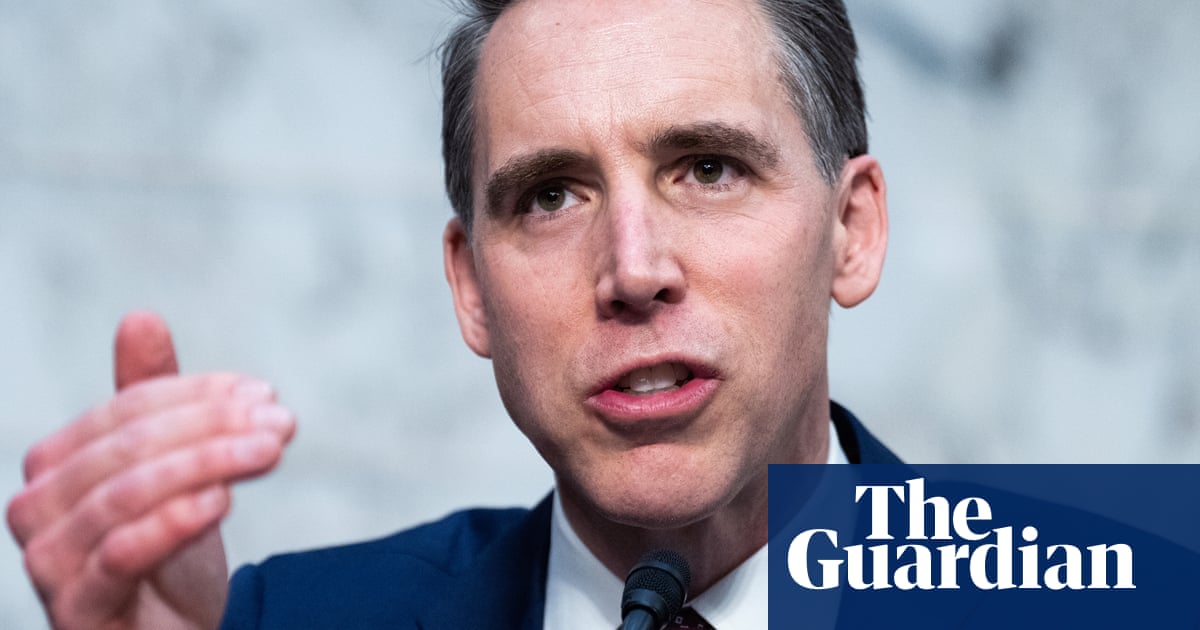Josh Hawley, the influential US senator fromMissouri, has warned that hisRepublicanparty is suffering from an “identity crisis” over whether it stands for working Americans or rich corporate executives, signaling a worsening split amongDonald Trump’s congressional troops over the president’s plans for deep Medicaid cuts.
In anopinion piecein the New York Times published on Monday, Hawley warned his fellow Republicans it would be “politically suicidal” to concede to huge cuts in the federal program that provides health insurance to more than 70 million low-income Americans. He derided what he called the “Wall Street wing” of his own party that he said favoured corporate giveaways at the price of “slashing health insurance for the working poor”.
Hawley’s pointed attack on his Republican colleagues highlights the intensifying clash within his party over how to deliver Trump’s desire to extend his 2017 tax cuts. To pay for the extension, the House energy and commerce committee has been charged with finding $880bn in federal spending cuts over a decade – much of which is likely to come fromMedicaid.
Late on Sunday, the committee released its latest iteration of its proposals. The planwould stripalmost 9 million low-income Americans of their health insurance mainly by trimming Medicaid, according to theCongressional Budget Office.
The latest draft proposals would also require millions of low-income Americans who earn above the federal poverty level to contribute co-payments for medical services.
The plans for Medicaid cuts would require approval from both the House and the narrowly divided Senate. Hawley is one of a few Republican senators, including Susan Collins from Maine, who are putting up staunch resistance.
In his Times op-ed, Hawley expresses his opposition to deep Medicaid cuts in existential terms. He suggests that the Republican party under Trump is facing a blunt choice – does it represent the majority of working Americans? Or, using a term referring to the top executives at companies, will it become a permanent minority party “speaking only for the C-suite”?
Hawley’s strongly worded intervention carries the weight of a devoted Trump loyalist who has backed some of the most controversial aspects of the US president’s Make America Great Again (Maga) movement. He was a leading figure in efforts within the Senate to block the certification of Joe Biden’s victory over Trump in the 2020 election. And he notoriously presented a clenched fist to the Trump supporters outside the Capitol building on 6 January 2021 before they attacked Congress that day.
Hawley was later captured on video running from the mob through the hallway of the building, prompting a deluge of derisive memes.
His claims in his opinion piece to be a champion of working Americans should carry caveats. He has opposed raising the minimum wage inMissouriand has enthusiastically backed efforts to undermine public-sector trade unions.
